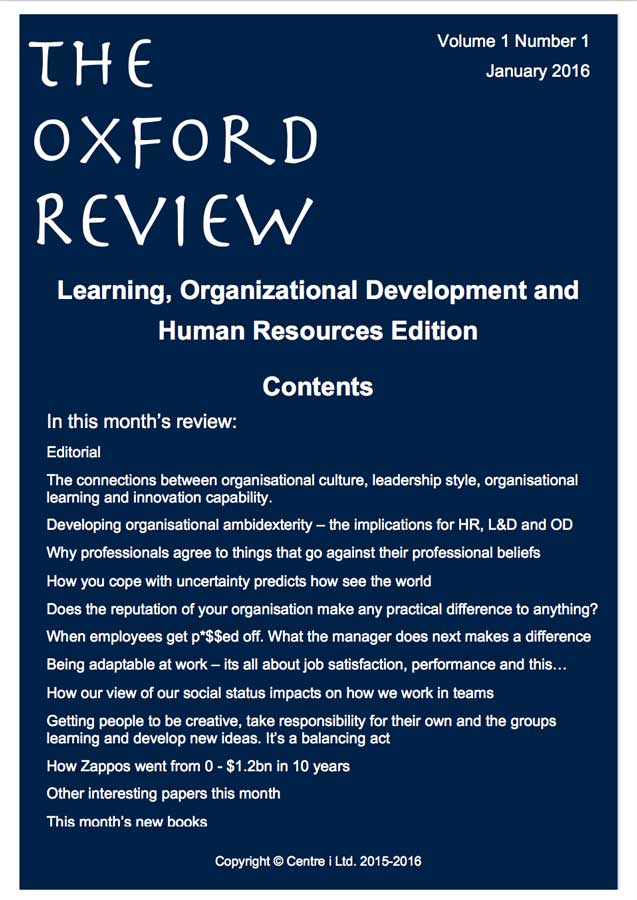
About us – How we started and what we do (rather well actually)
How we started and what we do
In 2015 David Wilkinson was in the (he thought) final stages of writing a book. As his daily work was getting in the way of the writing he decided to shut himself away and just focus on the writing. However he had two problems. The first was his coaching and consultancy clients. He really didn’t want to lose touch with them as they represented his livelihood. The second problem was that he was continually having to break into his flow to go to the Bodleian Library to find and retrieve research findings for his book.
The first problem
In order to solve the first problem of staying in touch with his coaching and consultancy clients he put them all on his own mailing list to reduce the amount of time he was going to have to spend communicating with them. He then decided the quickest way to to do this was to send out small research snippets from the material he was writing about, on a regular weekly or bi-weekly basis, just to maintain contact.
The second problem
The second issue of getting access to the research was not quite as simple. The problem is that, as any researcher will tell you, most of the world’s research is locked away in tend of thousands of academic journals. However most of these journals can be accessed through a series of over 247 specialist research databases spread around the world. Now universities like Oxford for example have a specialist search database that interrogates the other 247. However you normally have to be in the library to access this.
Then you have to search, find research articles that are in the ball-park area of what you are looking for and then filter them down to get something useful and applicable.
Oxfam Bookshop

He then wrote a small and very clumsy algorithm (later to be refined by proper programmers) to perform the actual searches, filter the results and bring him the research abstracts of pretty much anything he needed.
And so the writing continued alongside the pretty much automated ‘Hey don’t forget me’ emails containing the research snippets.
Then the emails started
And then the reply emails started….
Every time he send out an email blast he would get dozens of replies saying things like “Thank you! This is really useful”
“As most of these didn’t actually necessitate a reply that was largely fine” David explains.
Anyway by Christmas his writing came to an abrupt stop with the need to go out and earn money and the University marking was piling up. So he stopped sending out the emails. It was at this point something unexpected happened.
“I thought I’ll stop the emails as I was back in the land of the living and I didn’t really need to be producing them any more. Within three weeks of the emails stopping my mail box filled up with emails from people saying things like “What has happened to the emails” and “I look forward to the emails every week, don’t stop” and “Is there any way you can keep sending these to me?” At first I dismissed this as I was busy. Then in January 2016 I sent out an email asking if anyone would pay for them? I was astounded as just about everyone said yes!” David explains.
Why did they like them?
The next task David had was to find out what people liked about the research snippets. It turned out that they liked the fact 
The Oxford Review is born
And so the Oxford Review was born. Since February 2016 The Oxford Review has made 1000’s of professionals more knowledgeable and given them the evidence to make quite stunning changes in their organisations and practice. Not only are leaders and managers using The Oxford Review but heads of Human Resources, Organisational Development, Learning and Development, consultants and coaches have and are finding it an indispensable resource in their day-to-day work.
“I just love getting my Thursday emails. You never know what goodies you are going to get this week. They are always really interesting and dead useful.”
Betty White – Head of OD, Azduna – New Jersey
Be impressively well informed

Get the very latest research intelligence briefings, video research briefings, infographics and more sent direct to you as they are published
Be the most impressively well-informed and up-to-date person around...


